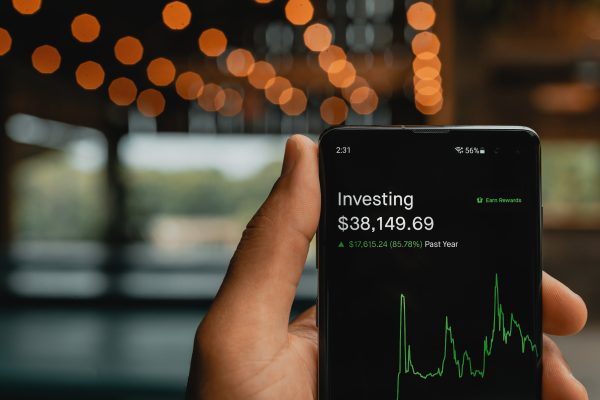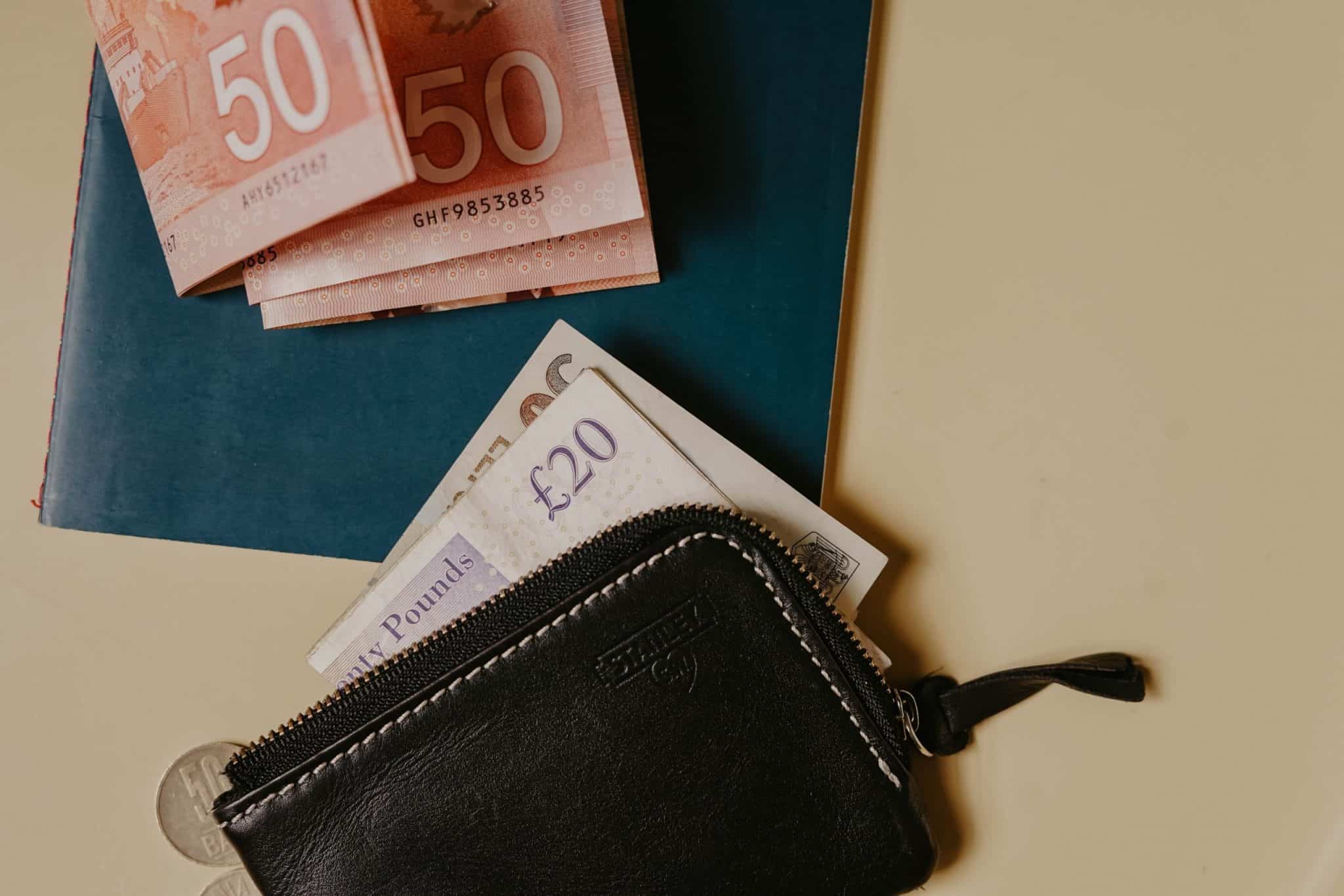
Stock Market Rally: What does it mean for your portfolio?
21 July 2023 6 min read

9 min read
Published:
Updated:

Haider Saleem
Bonds are haram.
The bad news is that all mainstream advice on investing say that bonds should form a key part of your portfolio.
The good news is that there are Islamic alternatives to this. This includes Sukuk and other fixed-income low-risk asset class which are important to have in your portfolio.
In this guide, we’ll explain:
Issuing bonds is a method of raising finance used by companies or governments.
A bond is basically an IOU and it works as follows:
Anyone can be an investor, including individuals, banks, pension funds and yourself.
Gilts are UK government bonds (US ones are called treasuries). They are issued to help finance public spending. Gilts can have different maturity levels – which is the time for the government to pay you back. They can range from a few months to 30 years.
The interest paid back is called the coupon.
Gilts can be one of two:
Let’s look at an example:
5% Treasury stock 2050
These are issued when a company is trying to raise money. They are considered riskier than gilts as they are more likely to default than a soverign nation.
PIBS (Permanent Interest-Bearing Shares) are issued by UK building societies. They work similarly to bonds.
Bonds are haram as discussed below.
However, They are seen by investors as a safe place to hold your money. Compared to stocks, the volatility is much lower. The interest payments could lead to better returns than those from stocks. They also provide more predictable returns.
Bonds do still have risks attached. Here are some of the main ones:
The simple answer is that bonds are an interest-bearing loan instrument and as such are unambiguously haram.
If you would like to invest in something halal then we recommend you check out our investment comparison where you can compare all sorts of investments and choose one that’s best for you.
You can read the fatwa in full here.
Having a fixed-income low-risk asset class in your portfolio is important as part of a balanced and diversified portfolio.
The alternatives are slightly higher risk as they are not UK-issued govt. debt. But more risk= higher yields.
For Muslims, the below alternatives are the only real option right now:
Let’s take each in turn.
A Sukuk is an Islamic bond, however, they have fundamental differences from a normal bond as they must comply with Sharia:
In practice though, sukuk tend to build up a buffer to smooth out the uneven revenues produced by the underlying asset so that the investors continue to see a regular even return.
The issue is, unlike bonds, sukuk are not plentiful. Sukuk need a suitable property to form the basis of the issuance – which automatically makes things a little trickier. The alternative is government-issued sukuk – and we have seen some of those globally – but again they are a drop in the ocean compared to mainstream bond issuances by governments.
The other issue with sukuk is foreign currency exposure. Looking at the top holdings of Sukuk funds, they are in foreign countries such as Malaysia, Saudi Arabia and Pakistan. This leaves them open to currency movements as the rent being paid to the sukuk will be in a local currency but the payout to you will, of course, be in your currency.
Sukuk are not easily accessible, however, there are two places we can point you to:
Wahed Invest
Wahed Invest has Sukuk available in all of their portfolio types asides from the very aggressive option. Their very conservative portfolio is 92.50% Sukuk. You can access Wahed Invest here.
Oasis Crescent Fund
Oasis Crescent offers a Sukuk fund (their Global Income Fund) on Hargreaves Lansdown (HL).
Remember that funds have equity-like properties. The ownership is in a fund. The ability to sell will be in part on people wanting to buy it.
You should check the returns and see if it’s appealing to you (but remember – past performance is no guarantee of future results).
Franklin Global Sukuk Fund A(acc) EUR is another good fund. However, it is not easy to get into as it has high fees and high entry investments. Wahed has used them but may be looking to move away in due course due to higher costs.
Property is a lucrative investment class (it is halal too) – we’ve written a Halal Property Investing 101 Guide.
First, don’t think you need a lot of money to start – there are many ways in which property investment has become accessible to anyone, requiring relatively small amounts of money.
There are only two things you want when investing in property (you’ll rarely get both):
There are 4 different property investment methods:
Remember, a fuller explanation is in our Halal Property Investing 101 Guide.
You’ll need a lot of upfront cash and it requires a lot of work.
Almost all of the pitfalls of doing it DIY I mentioned above are mitigated under this method.
A property investment company pools money from a number of people, then invests in the property and finally shares the yield and capital returns that they make.
They will control the investment – taking all the work off your hands.
An example of a property investment company is Yielders. We have a full review of Yielders. Some key points are as follows:
If committing to full ownership of a property is too risky for the time being, consider investing in a REIT (Real Estate Investment Trust) or fund. Such products are well structured and offer more liquidity to the holder. It also offers diversification to your portfolio.
A REIT is a company that invests in real estate by pooling the capital of numerous investors. This is another way for individual investors to earn dividends from real estate investments without the hassle of managing it themselves.
The downfall is they offer little capital application. You should also definitely check out their sharia-compliance carefully as not all REITs are halal.
You can invest in development projects on platforms such as Intro Crowd, Godwin, Ethis Indonesia. They give much higher yields but that is as they are development projects so there’s an element of entrepreneurship at play here – you can compare them on our halal investment platform.
This is yet another way to diversity your portfolio and adds exposure to high-growth investments.
The definition of what constitutes a high-return investment is subjective. Generally, anything 10% or above is a high return relative to other investments out there.
Of course, these investments have the potential to lose a large chunk of your principal investment (or all).
How to invest
There are different investment platforms for you to use.
Below, we’ve given examples of SME financing or property investing – on Godwin Capital and Qardus. You can find and compare them on our halal investment platform.
Before we go into them there are some key points to consider with high risk/reward investing.
General points
We have a full explanation of high-risk high reward investments here. However, some initial key points to consider:
Godwin Capital
Godwin Capital utilises its team of experts to deliver high standard projects including homes, commercial spaces, and local community facilities. They offer fixed returns of between 8 and 11% annual return. Godwin is a relatively rare fixed-return product structured in a sharia-compliant way (with full mufti certification) with a reputable mainstream developer.
It is an illiquid investment however as the product requires money to be locked in for over two years. There is also the risk of Godwin projects failing or being delayed, and as a result, the offered returns may not be met or worse still you may lose some or all of your initial capital. We understand that this has never happened with Godwin, and our experience with investors whom we’ve talked to, to date, has been positive with regular payments on time.
Qardus
Another type of high-risk, high-reward investment is SME financing. Qardus is a shariah-compliant lender to small and medium-sized enterprises with cashflow needs – they essentially provide businesses halal short-term loans. As the investor, you will earn money as the recipient business pays the money back.
As a Muslim, you need to replace what traditionally people have their portfolio made up of bonds with the alternatives discussed.
The amount really depends on your risk appetite.
Ultimately, if you’re investing in sukuk via the routes we mentioned above, we’d be comfortable saying that the same analysis applies here as it does for bonds. So you should hold anywhere ranging between 10% and 90% in sukuk, depending on how aggressive or cautious you’re feeling. But for most people, who are in the middle somewhere, we would typically see a sukuk holding of around 20-50%.
Where you decide to go for the higher yield alternatives, we’d suggest that you first understand the higher level of risk you’re taking here – and the (somewhat small) potential that you could lose some or all of your money too. So here we wouldn’t advice going above 50% in almost all cases, and typically keeping it more within the 10-30% range.
Bonds are haram. It’s important to diversify your portfolio to maximise returns and reduce risk. You should definitely look to replace what would traditionally be bonds in your portfolio with the halal options discussed above.
Once you’re on top of fixed income investments, you should check out the other main investment categories for your portfolio:
Then, to draw it all together, you should check out our Halal Investing for Busy Professionals online course. It’ll join the dots and help you get going on your investment journey step-by-step in an afternoon.
If you enjoyed this article, you can follow me on Twitter or LinkedIn.

21 July 2023 6 min read

02 March 2023 9 min read

15 February 2023 7 min read